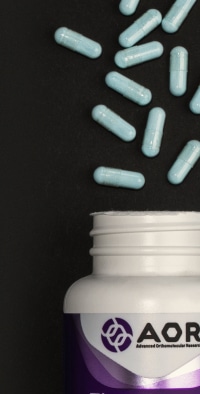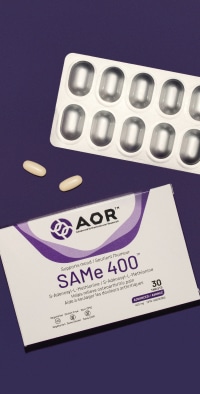
We all know how important adequate protein intake is for good health. Just …
The Right Ingredients. At the Right Time. For Just the Right Person.
Innovation means we are always evaluating and progressing the natural health solutions we offer. Introducing new ingredients, delivery forms, synergistic new formulas, and exciting research -we are always moving forward.
We must remain both informed on and participate in the expansion of our scientific understanding of traditional and emerging natural ingredients on health.
Dr. Traj Nibber
We all know how important adequate protein intake is for good health. Just …
Losing hair is stressful for anyone and it’s certainly not an uncommon occurrence. …
Ensuring that you are taking the best form of calcium for your body …
We all know how important adequate protein intake is for good health. Just …
Losing hair is stressful for anyone and it’s certainly not an uncommon occurrence. …
Ensuring that you are taking the best form of calcium for your body …
Last time we looked at determining elemental calcium content in Part 1 of Understanding …



Since 1991, it has been our mission to transform scientific research into evidence-based, natural health products that empower people to lead their best lives. As science evolves, so do we, but our commitment remains- to help others with effective health solutions and trustworthy information.


Since 1991, it has been our mission to transform scientific research into evidence-based, natural health products that empower people to lead their best lives. As science evolves, so do we, but our commitment remains- to help others with effective health solutions and trustworthy information.
Our products represent formulations and dosages based on leading research to ensure superior quality and effectiveness.
AOR is guided by Canadian Good Manufacturing Process (cGMP) in its best practices and our own rigid quality standards.
Our formulas contain as few non-medicinal ingredients as possible. We guarantee that we list all ingredients on labels.
"AOR is the gold standard in quality products and excellent customer service. "
"Great company to deal with. Product explained with studies posted."
"I love AOR, great research, great products. "
"Great company. Reliable, trustworthy products. "
"*" indicates required fields